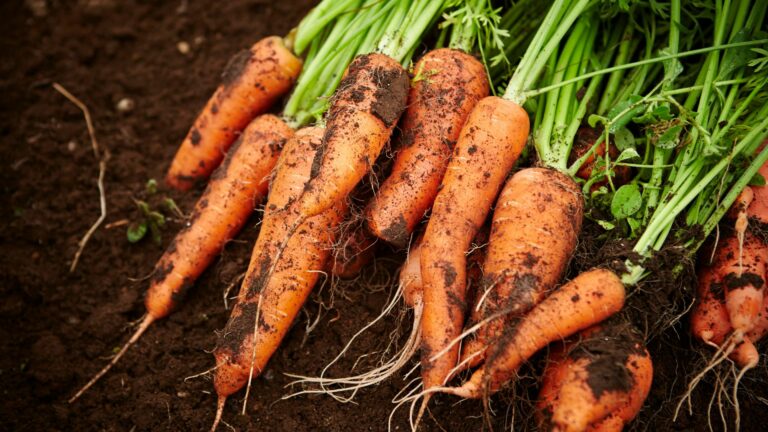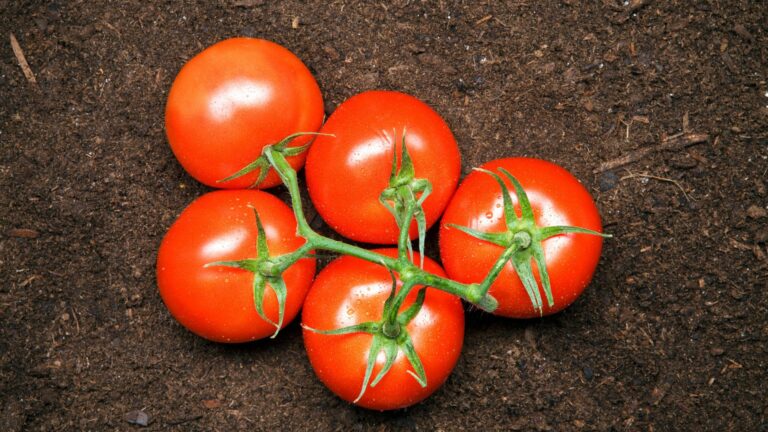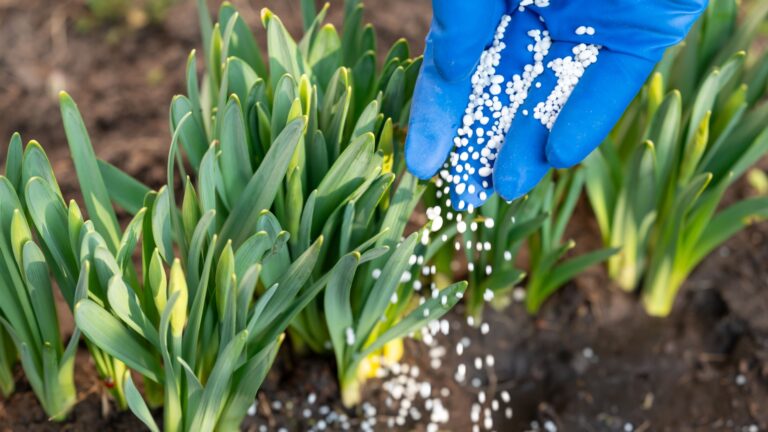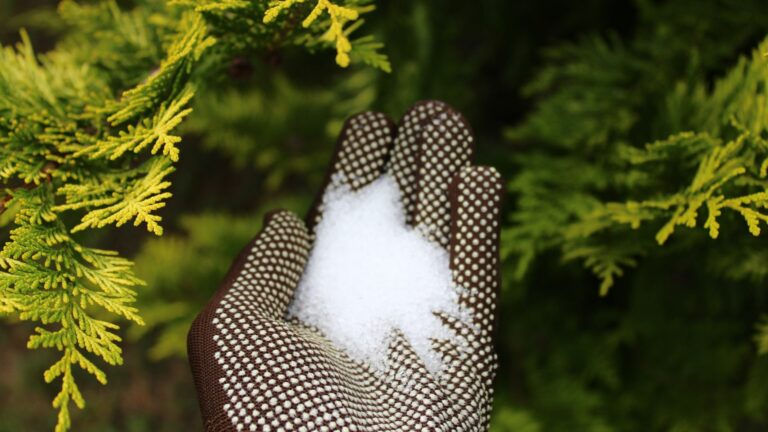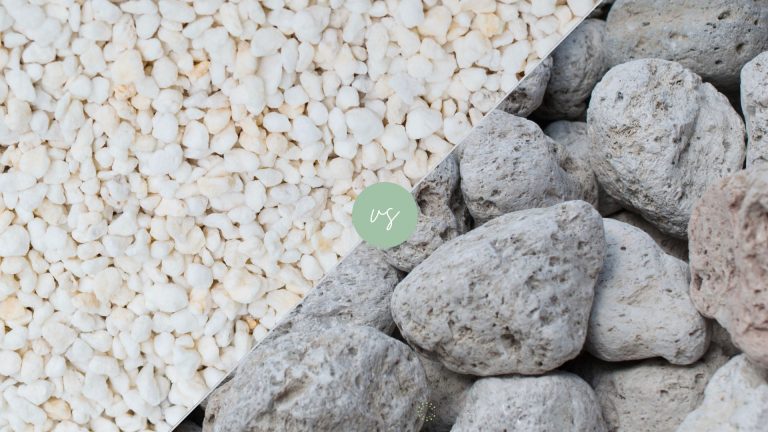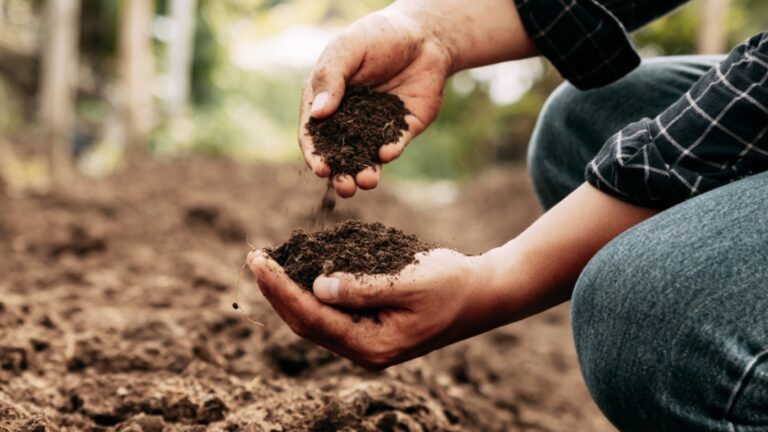8 Natural Alternatives Georgia Gardeners Can Use Instead Of Mulch
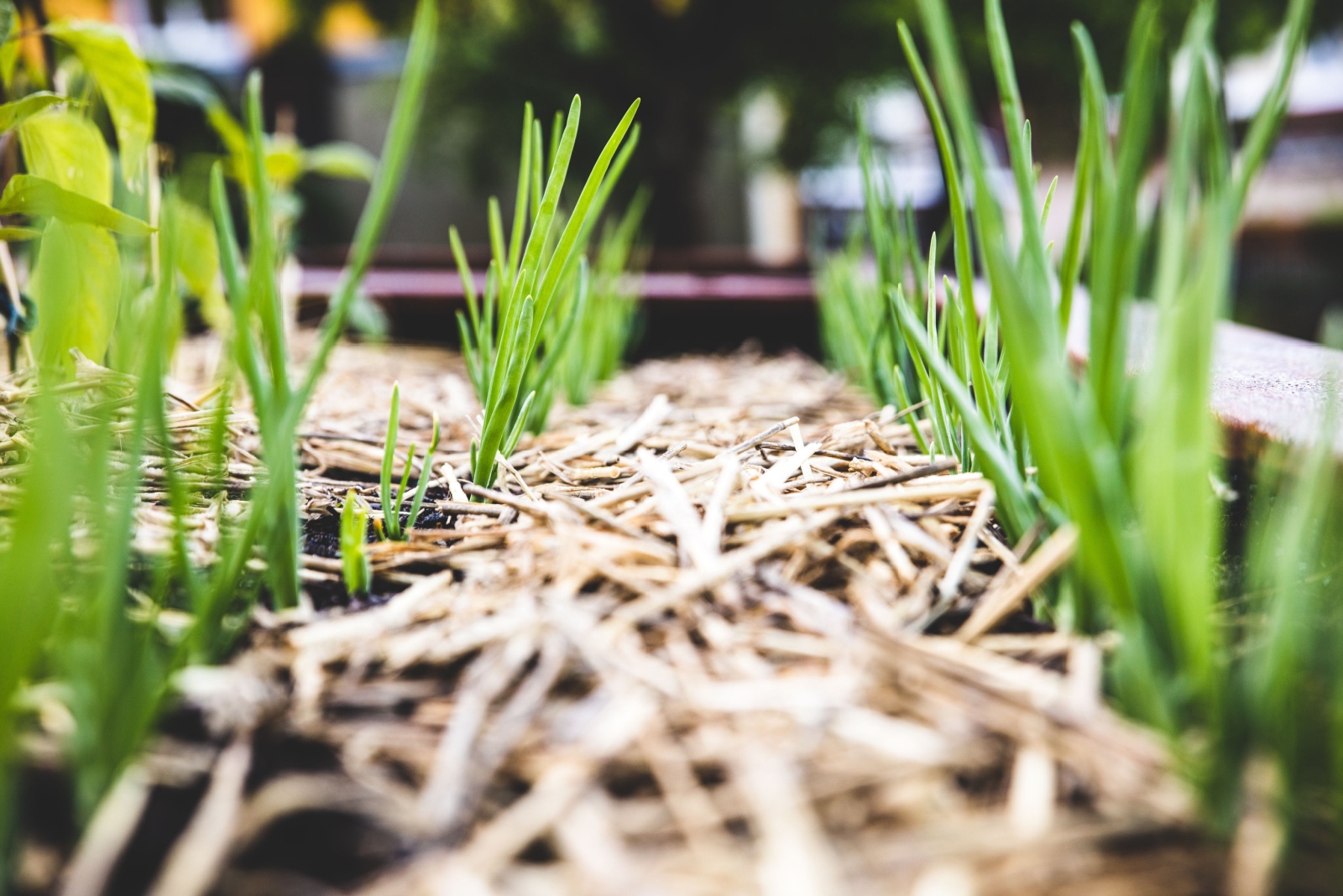
Traditional mulch works wonders in gardens, but Georgia gardeners have plenty of other natural options to explore. Whether you want to save money, use materials you already have, or try something new, these alternatives can protect your soil and plants just as well.
Each option brings its own benefits to your garden beds while keeping things eco-friendly and budget-conscious.
1. Pine Straw
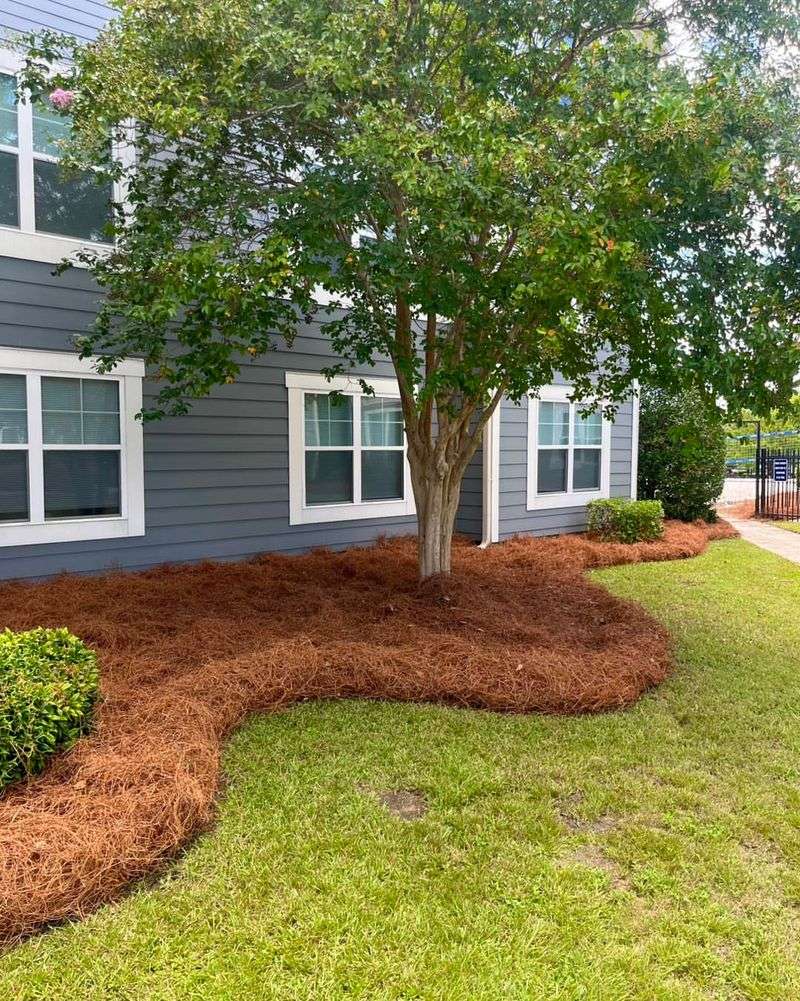
Georgia’s abundant pine trees drop needles year-round, creating a free garden covering that’s already lying in your yard. Pine straw breaks down slowly, so you won’t need to replace it constantly like some other materials.
It allows water to flow through easily while keeping weeds at bay. The rusty-brown color looks natural and blends beautifully with most garden designs.
Rake up needles from under your trees or ask neighbors if they’d like theirs removed.
2. Shredded Leaves
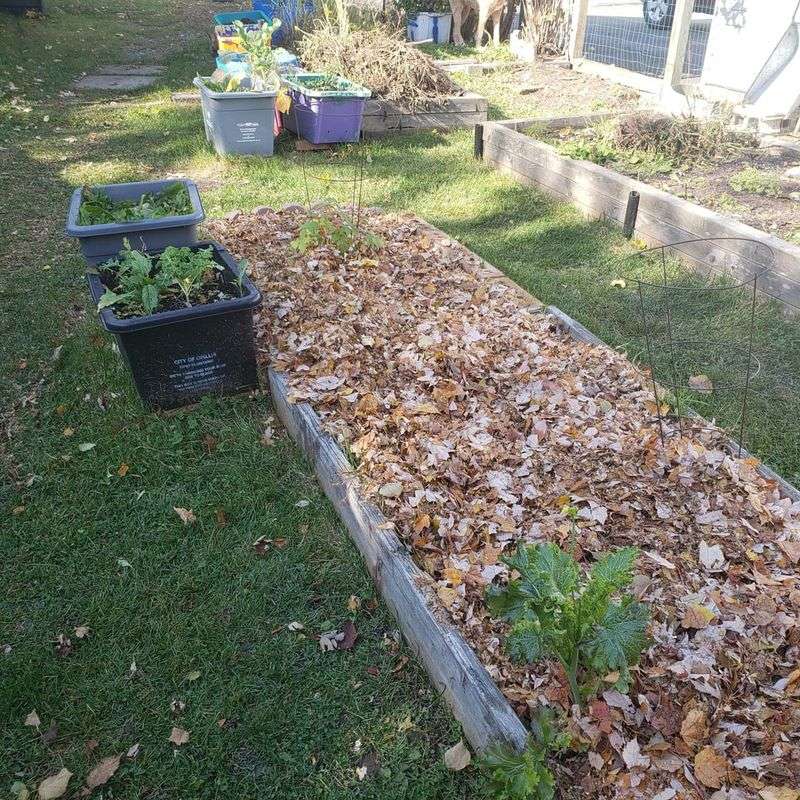
Every fall, Georgia yards overflow with leaves that most people bag and toss. Running a lawn mower over them creates perfect garden material that costs absolutely nothing.
Shredded leaves feed your soil as they decompose, adding nutrients plants love. They insulate roots during winter and keep soil cool when summer temperatures soar.
Oak and maple leaves work especially well, though any leaf type will do the job nicely.
3. Grass Clippings
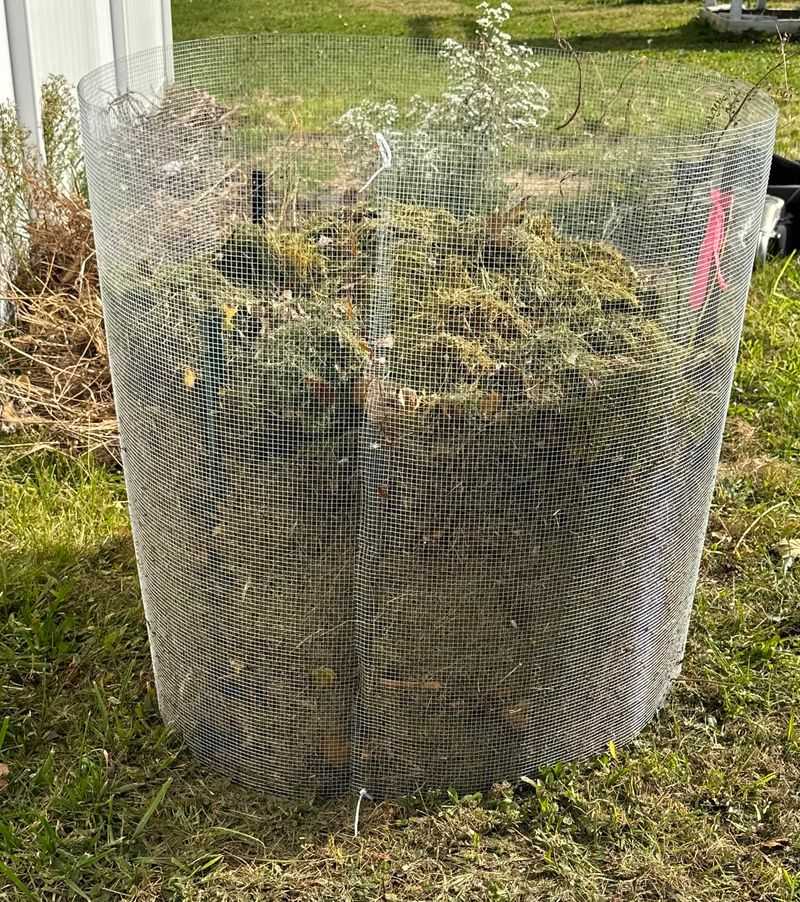
After mowing your lawn, collect those clippings instead of letting them go to waste. Fresh grass creates a nitrogen-rich layer that decomposes quickly and feeds hungry plants.
Spread clippings in thin layers, about two inches deep, to prevent matting and unpleasant odors. Avoid using grass from lawns treated with herbicides or pesticides recently.
This option works brilliantly for vegetable gardens where plants need constant nutrition throughout growing season.
4. Straw
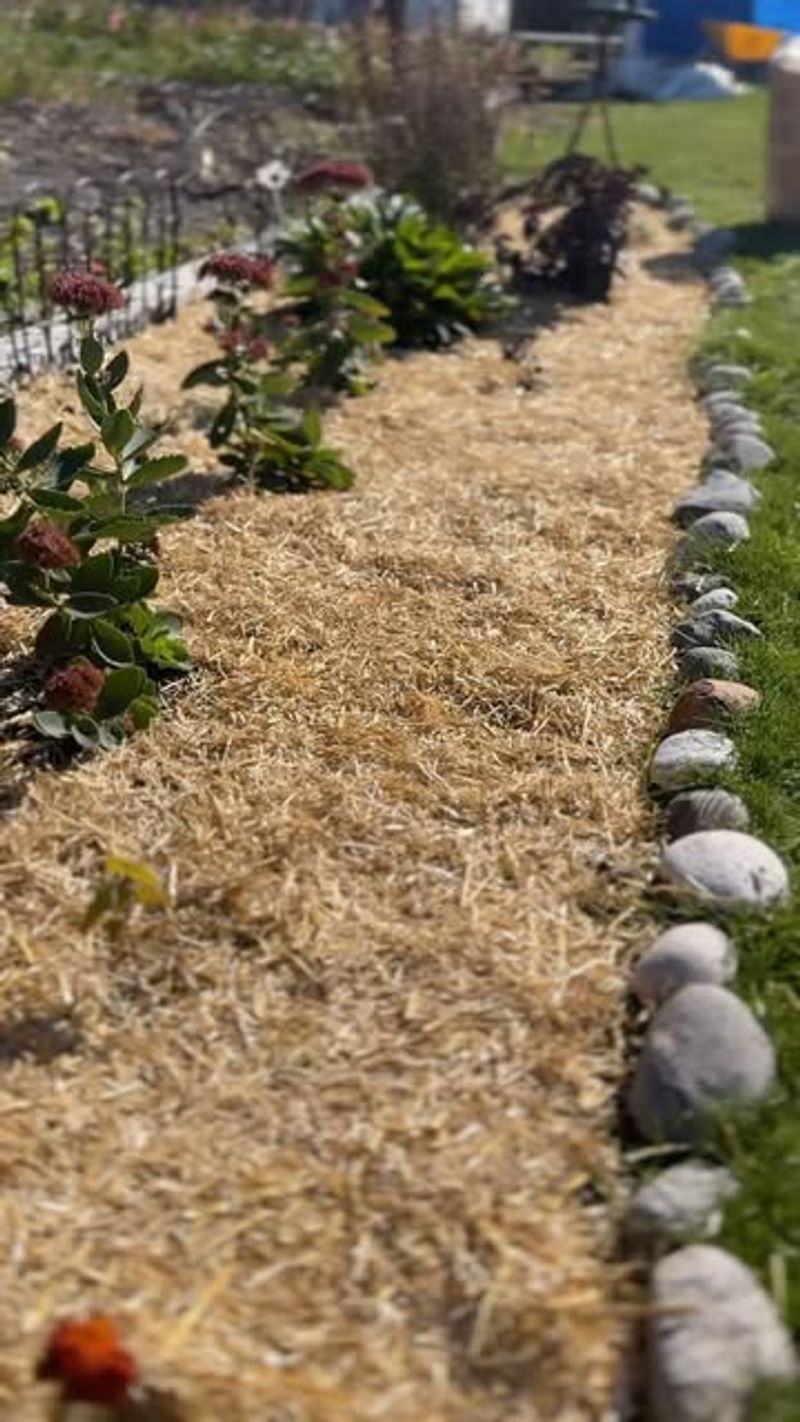
Farm supply stores throughout Georgia sell straw bales at reasonable prices, making this an accessible choice for many gardeners. Unlike hay, straw contains fewer weed seeds that could sprout in your beds.
It keeps soil moist during Georgia’s hot summers while preventing mud from splashing onto leaves during rainstorms. Straw looks clean and tidy, especially around strawberries and other low-growing crops.
One bale covers a surprisingly large area when fluffed up properly.
5. Shredded Newspaper
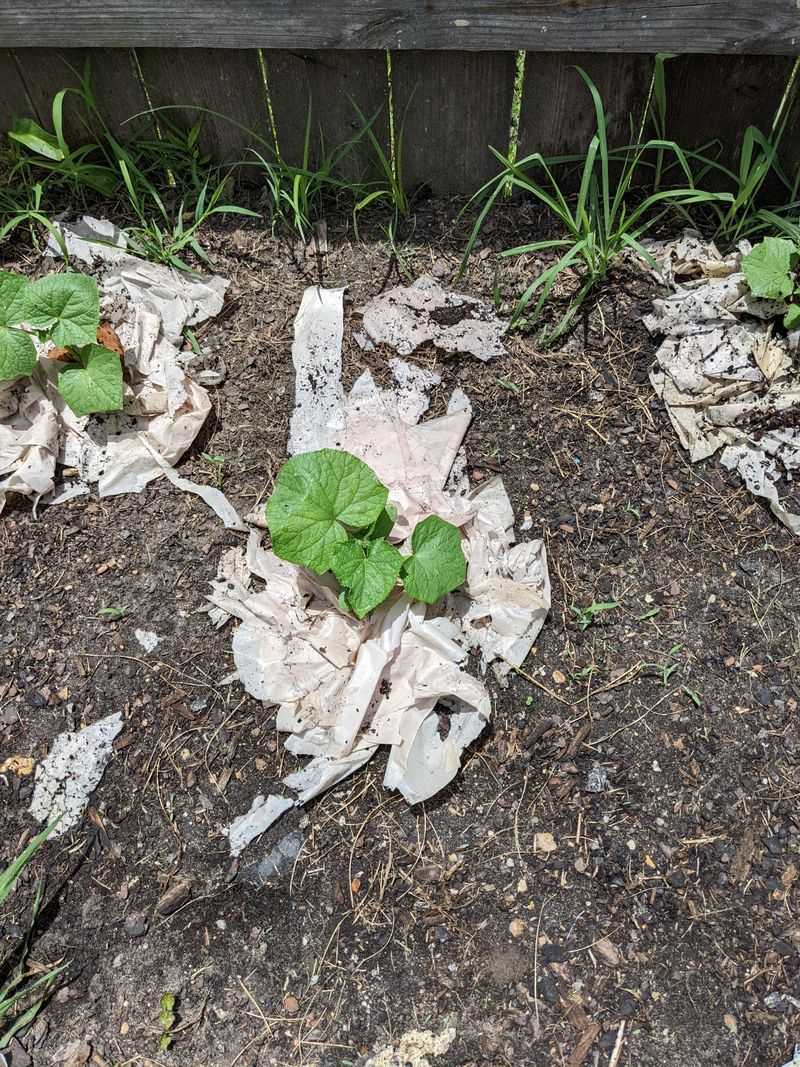
Got old newspapers piling up? Run them through a shredder and you’ve created garden gold that blocks weeds effectively. Black and white pages work best since colored inks sometimes contain unwanted chemicals.
Layer shredded paper several inches thick, then wet it down so wind won’t scatter it everywhere. Paper breaks down gradually, enriching soil with carbon as it decomposes.
Top with something heavier if your garden gets breezy conditions regularly.
6. Cardboard Sheets
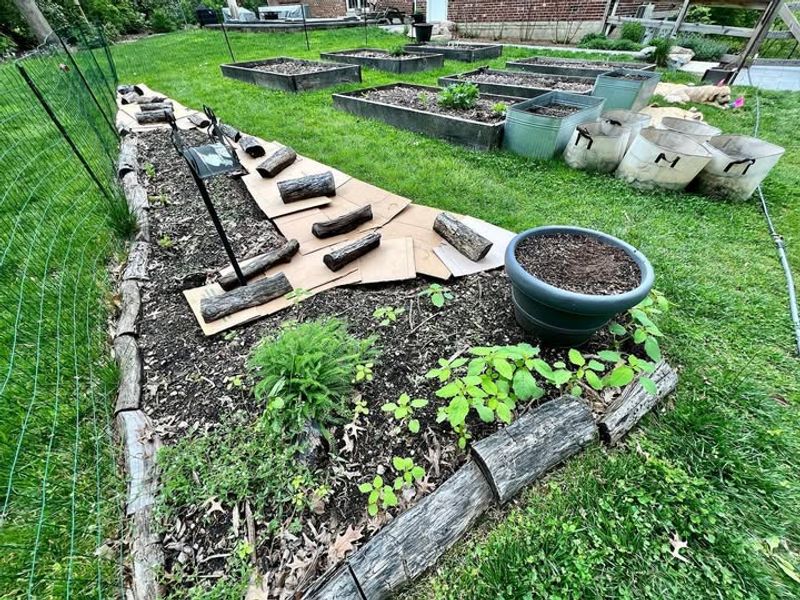
Cardboard boxes from deliveries and groceries make excellent weed barriers that eventually feed your soil. Remove all tape and labels first, then lay sheets directly over problem areas.
Cut holes where you want plants to grow through the cardboard layer. Water penetrates cardboard easily while sunlight gets blocked, preventing weed germination completely.
After several months, earthworms help break down the cardboard into rich organic matter your plants will appreciate tremendously.
7. Pine Bark Nuggets
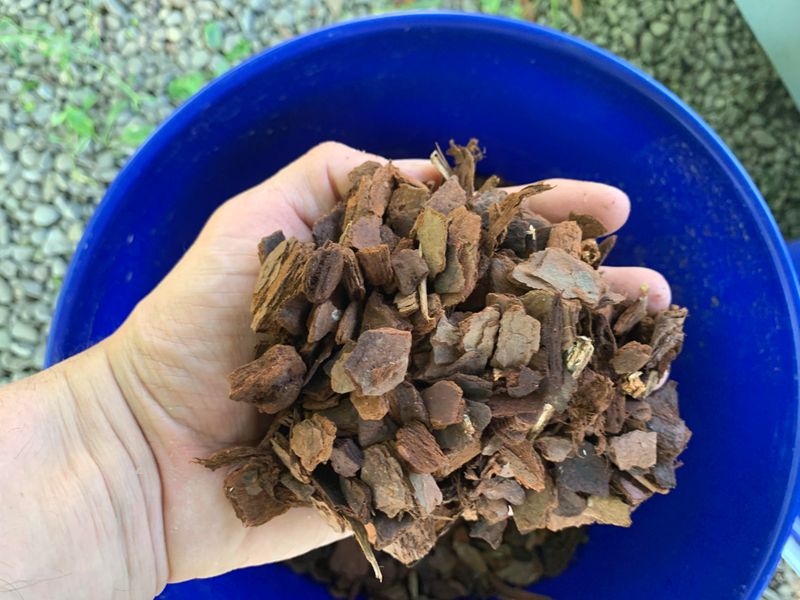
Chunky pine bark pieces last for years in Georgia gardens without breaking down too quickly. They create an attractive, finished look that many homeowners prefer for front-yard landscaping.
Larger nuggets stay put during heavy rains instead of washing away like finer materials might. They allow excellent air circulation around plant stems while suppressing weeds effectively.
Garden centers throughout Georgia stock various sizes to match your aesthetic preferences and functional needs perfectly.
8. Compost
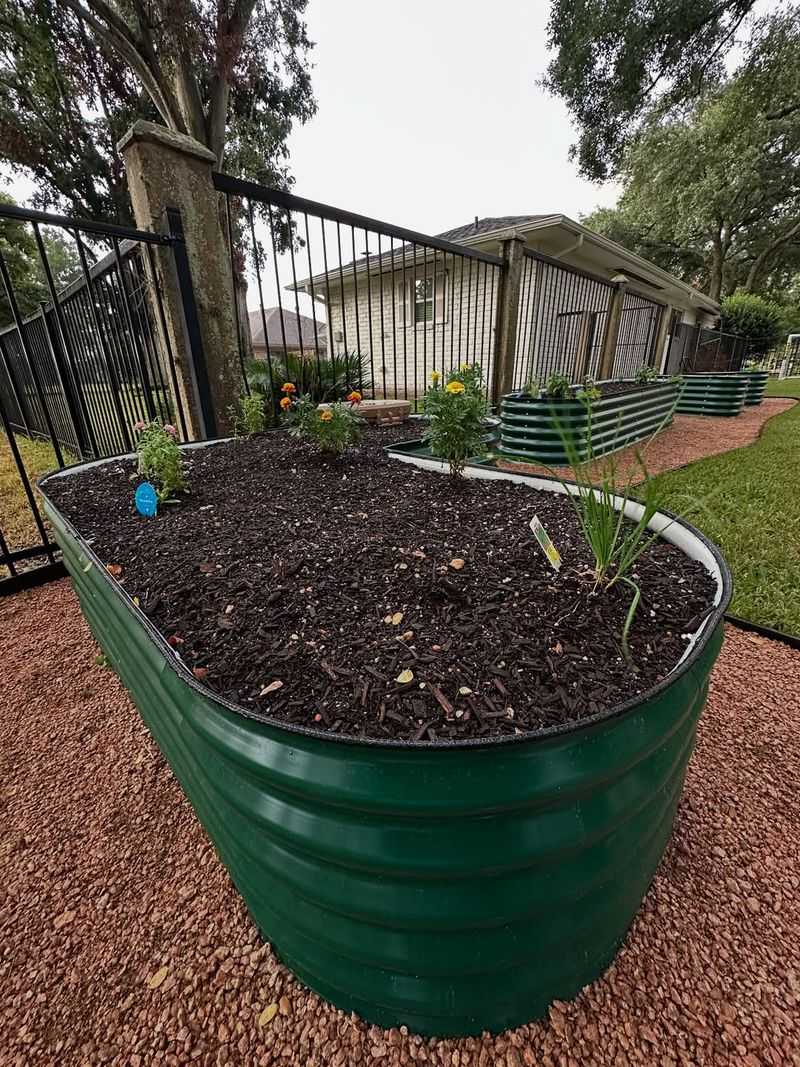
Finished compost serves double duty as both soil covering and plant food rolled into one amazing material. Spread a thick layer around established plants or mix it into beds before planting.
Rich, dark compost improves soil structure while providing nutrients that chemical fertilizers simply can’t match. It helps sandy Georgia soils retain moisture and breaks up heavy clay areas.
Start your own compost pile or purchase bags from local garden centers year-round for convenience.

